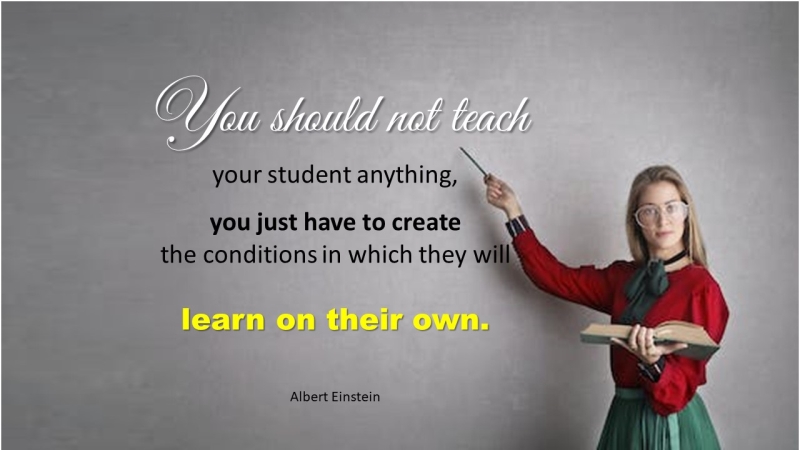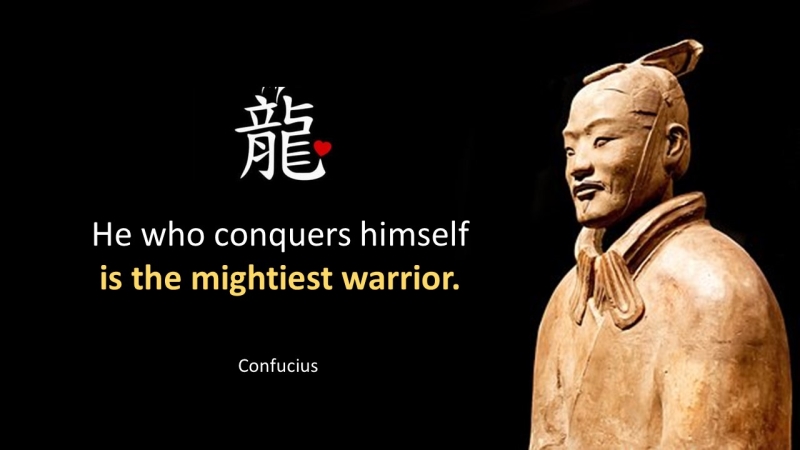
Choose Positive: Life is Too Short to Waste on Negative People
LIFE IS TOO SHORT TO WASTE ON NEGATIVE PEOPLE. It’s a simple but powerful statement that serves as a...

How to Foster a Love of Learning Without Teaching
ARE YOU TIRED OF THE TRADITIONAL TEACHING APPROACH THAT SEEMS TO FAIL SOME STUDENTS? Do you wish to unlock...

True Friendship: The Power of Sacrifice and Selflessness
ARE YOU LOOKING FOR DEEPER, MORE MEANINGFUL RELATIONSHIPS IN YOUR LIFE? If so, consider the power of sacrifice and...

Transforming Hatred into Love through Forgiveness and Compassion
HAVE YOU EVER FELT ANGER AND HATRED TOWARDS SOMEONE WHO WRONGED YOU? Maybe they hurt you, betrayed your trust,...

Beauty Beyond the Surface: The Importance of Inner Beauty
IMAGES OF HOW WE OUGHT TO BEHAVE AND LOOK ARE ALL AROUND US. It is easy to fall into...

The Quality of Your Thoughts Determines Your Happiness.
HAVE YOU EVER CONSIDERED WHY SOME PEOPLE APPEAR HAPPIER THAN OTHERS? The happiness of your life depends on the...

Moving Beyond Knowledge: The Role of Wisdom in Personal Growth
LET’S UNLOCK THE POWER OF WIDOM TO LEAD A MORE FULFILLING LIFE. While knowledge is about facts and...

Conquer Yourself, Conquer the World.
WELCOME TO THE JOURNEY OF SELF-CONQUEST! The concept of “conquer yourself, conquer the world.” has inspired many who have...

Evolving Consciousness through Life’s Experiences
THERE ARE MANY UNEXPECTED TURNS AND DETOURS ALONG LIFE’S INCREDIBLE JOURNEY. There are always new things to learn, new...